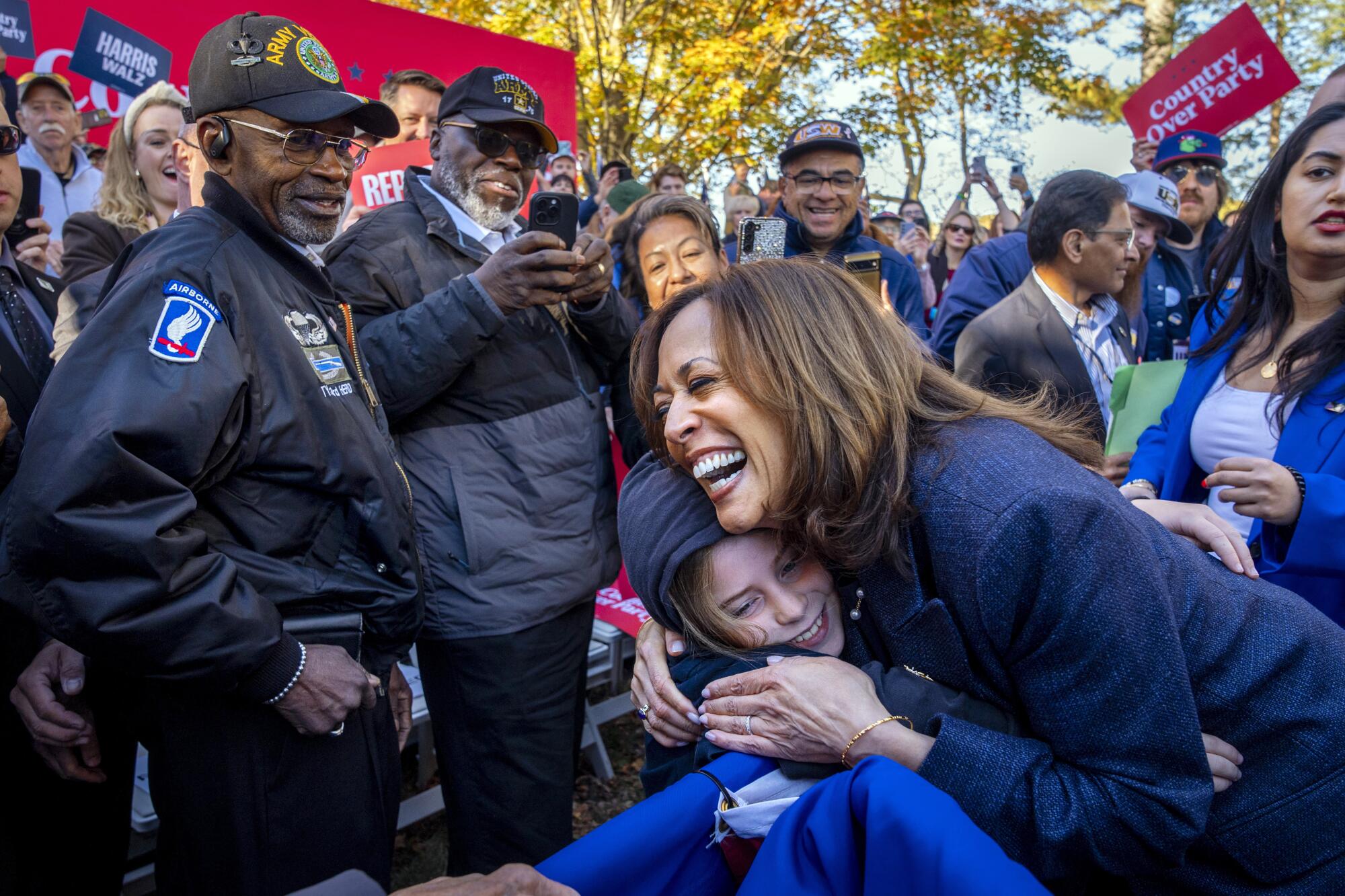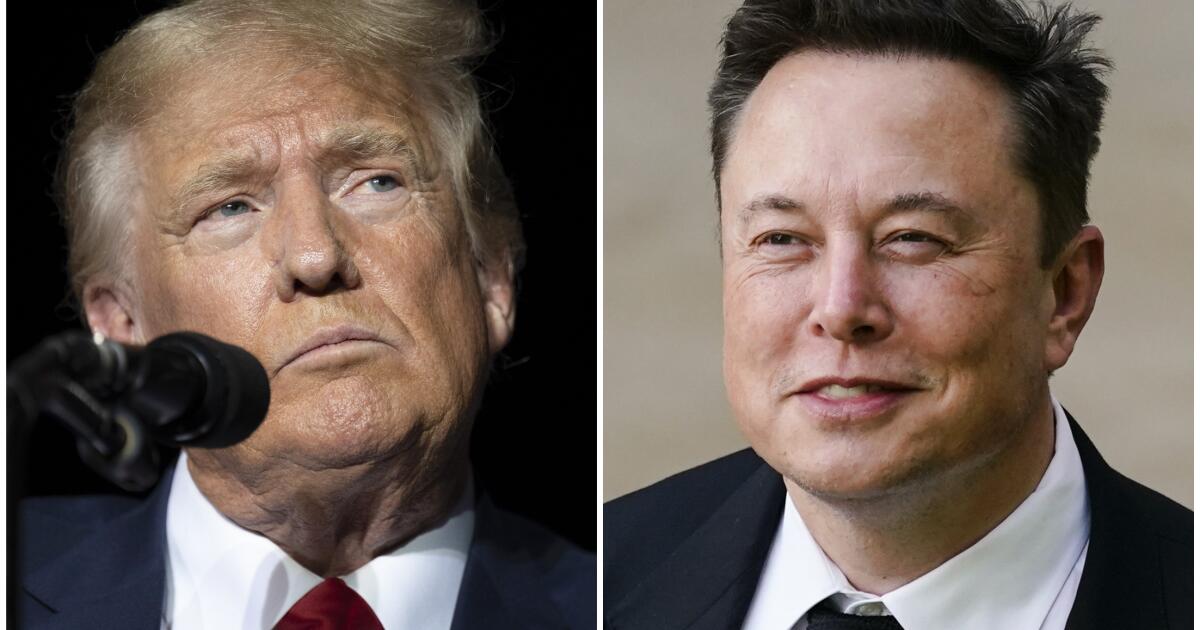WASHINGTON (Reuters) – Donald Trump is sailing into battle against President Joe Biden powered by anger over the two policy issues that have driven his comeback campaign so far: immigration and the economy.
Trump came close to sweeping the board in the 16 “Super Tuesday” Republican primary races, putting him on the verge of clinching the party’s nomination and allowing him to train his full fire on Biden ahead of the November election.
Trump has tapped into a current of dissatisfaction about the state of the country that he has amplified at every opportunity. It is one that could tip the scales in the rematch with Biden, who beat him in 2020.
Republican voters who went to the polls on Tuesday exhibited a deep pessimism about the economy that extends beyond Trump’s loyal base of supporters to many moderate and swing voters that could help determine the election, according to exit polls conducted by Edison Research.
Voters also said they are increasingly alarmed by the situation at the U.S. border with Mexico, with many calling it their top voting issue even while living hundreds or even thousands of miles away.
“There is widespread dissatisfaction with Biden and the way things are going in the county today,” said Mark Baldassare, statewide survey director at the nonpartisan Public Policy Institute of California. “The focus on immigration and economy is what caught my attention the most.”
In early 2023, Trump appeared to be in serious danger of losing the Republican primary race, but he has since swept away all of his party rivals. Only Nikki Haley was still barely clinging on in the party’s race for Super Tuesday and Trump is now set to seal the nomination in upcoming votes over the next two weeks.
Still, Biden had a good day, too. He racked up hundreds of delegates as he cruises toward the Democratic nomination and he can take heart in Trump continuing to show weakness with some key voting segments, including college-educated voters and moderates that both sides may need to win.
By virtually wrapping up his party’s nomination in early March, far ahead of when he did it for the first time in 2016, Trump has eight months to engage directly with Biden.
He has also seen a spate of relatively positive news on the legal front. It now appears more and more likely that the criminal trials he faces over his role in subverting the 2020 election could be delayed until after the election.
The most recent Reuters/Ipsos public opinion poll showed Trump and Biden essentially tied at 36% support with the rest of poll respondents saying they were not sure or would vote for someone else or no one at all.
The economy has long been a sore spot for Biden. Thirty-nine percent of Reuters/Ipsos poll respondents said Trump had a better approach to the economy during his 2017-2021 term as president, compared to 33% who said Biden has been better.
MONEY IN MIND
Despite the Biden White House’s efforts to reassure Americans that the economy is healthy with unemployment low, the stock market roaring and inflation moderating, there are large swaths of voters who remain unconvinced.
According to Edison’s exit polls, the electorate that came out to vote in the Virginia Republican primary on Tuesday broke down as 60% self-identified Republicans and 30% independents, along with 10% Democrats who largely crossed over to vote for Trump’s rival, Nikki Haley.
When those voters were asked about the state of the economy, far more than just Trump’s voters – 78% – said it was “not so good or poor.” At the same time though, 59% said their own family was “holding steady” financially.
That disconnect suggests voters have a more pessimistic reading on the economy beyond their own situation, said Ron Bonjean, a veteran Republican strategist in Washington.
“They think everyone else is doing more poorly than they are, which lends to their viewpoint of overall economy as not so good or poor,” he said.
In North Carolina, where independents made up about one third of the electorate, 81% of all respondents said the economy was in bad shape. Even more striking, 86% said they were “dissatisfied” or “angry” with the state of the country.
BORDER TALK
Voters in both Virginia and North Carolina said immigration was their number-one issue, followed by the economy. In North Carolina, of the 63% of voters who said they believe migrants should be deported to their home country, 88% went for Trump.
At a Super Tuesday event at his Mar-a-Lago home, Trump talked at length about the situation at the U.S. southern border, which both he and Biden visited last week in separate trips.
“Things that are happening now that are unthinkable. And they are unthinkable at the border,” Trump said. “There are millions of people invading our country. This is an invasion.”
The economy slightly eclipsed immigration as the top issue in California, where Edison also polled.
While the primary was open only to registered Republicans, about 30% of those who voted considered themselves “moderate or liberal” and one-third labeled themselves independents. Of all voters, 83% said the economy was “not so good” or “poor” and just 6% said they were satisfied with the state of the country.
Trump also crushed Haley among nonwhite voters in California, 72%-23%, particularly among Latinos without college degrees. That is a potential warning sign for Biden and a Democratic Party that relies on such voters as a core constituency.
(Reporting by James Oliphant in Washington, Helen Coster in New York and Nathan Layne in Palm Beach, Florida; Editing by Kieran Murray and Alistair Bell)


